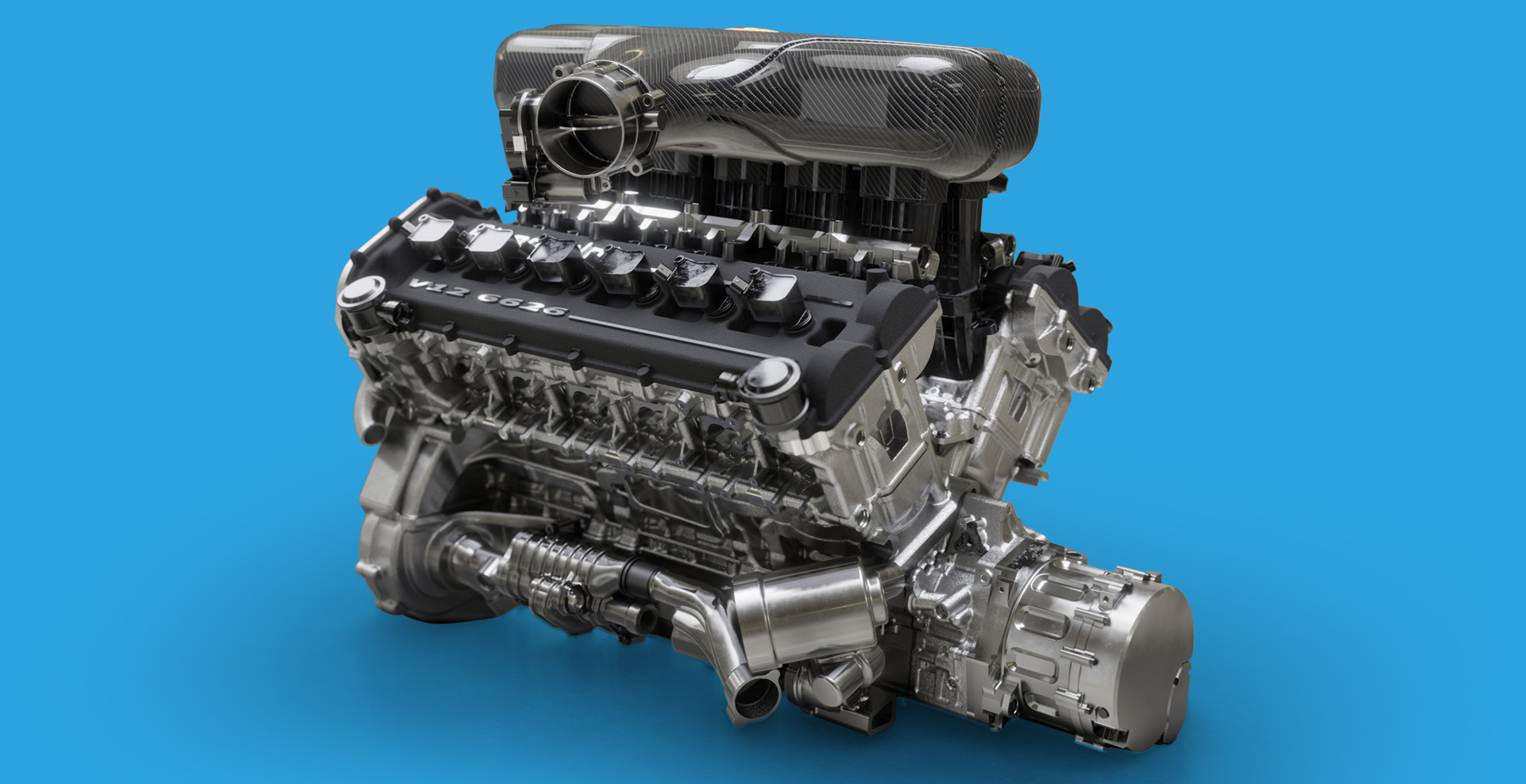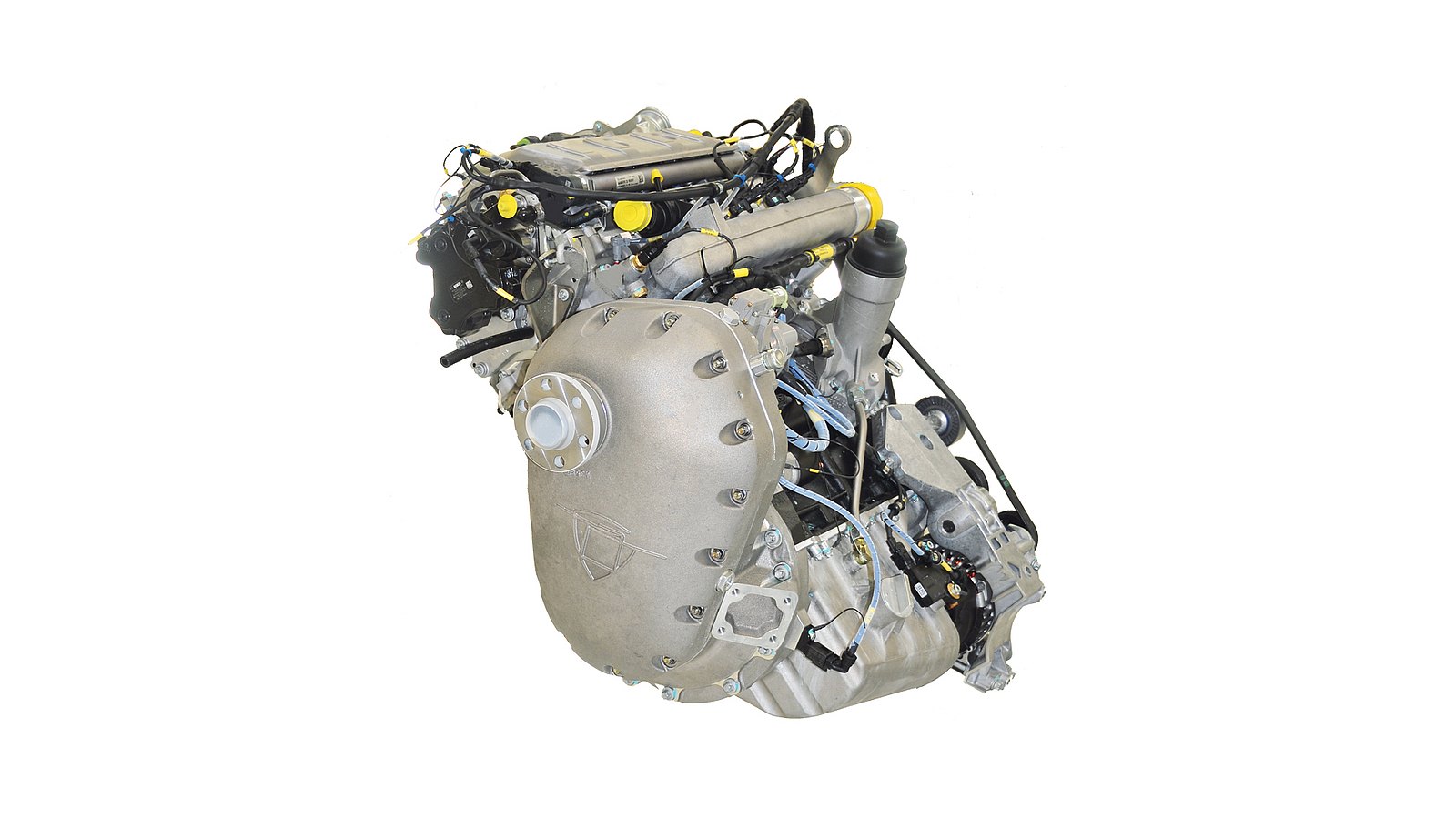Check Out a Vast Array of Engines for every single Lorry and Purpose
The auto landscape is progressively complex, with a varied selection of engine types created to satisfy certain efficiency and efficiency requirements throughout different car categories. In addition, heavy-duty engines offer the needs of work automobiles, while eco-friendly alternatives are acquiring traction in the pursuit of sustainable transport.
Sorts Of Automotive Engines
Automotive engines can be classified into numerous distinctive types, each made to satisfy details performance and performance demands. The most usual classifications consist of internal combustion engines, electric engines, and crossbreed systems.

Electric engines, on the various other hand, operate on electric power kept in batteries, giving instant torque and zero discharges. These engines are becoming progressively popular because of developments in battery innovation and the growing emphasis on sustainability.
Hybrid systems incorporate both internal combustion and electric engines, making it possible for lorries to optimize fuel efficiency and lower emissions by flawlessly switching between source of power. Each engine type presents its advantages and negative aspects, affecting factors such as car design, planned usage, and market need. Recognizing these distinctions is critical for consumers and producers alike when selecting the ideal engine for their details demands.
Efficiency Engines for Sports Cars
Efficiency engines for sporting activities autos are particularly crafted to supply enhanced power, speed, and agility, establishing them besides conventional auto engines. These engines frequently utilize sophisticated modern technologies such as turbocharging, supercharging, and variable shutoff timing to optimize efficiency and responsiveness.
Normally, performance engines are created with greater compression proportions, which permit higher energy removal from gas. This leads to remarkable horse power and torque figures, making it possible for quick acceleration and higher top rates. The light-weight materials utilized in these engines, such as aluminum and carbon fiber, contribute to lowered overall vehicle weight, enhancing handling and maneuverability.
Engine setups like V6, V8, and even hybrid systems are common in performance sports autos, each offering one-of-a-kind benefits in terms of power shipment and driving characteristics. The tuning of these engines is additionally vital; many producers enhance the engine administration systems to provide an exhilarating driving experience, frequently consisting of sport modes that readjust throttle feedback and equipment shifts.
Efficient Engines for Daily Commuters
In the realm of daily travelling, reliable engines play an important function in enhancing gas economy and decreasing emissions while providing reliable performance. As city populations expand and ecological concerns magnify, the need for vehicles geared up with efficient powertrains has risen.
Modern engines created for daily travelers frequently include modern technologies such as turbocharging, direct gas injection, and crossbreed systems. Turbocharging enhances engine efficiency forcibly even more air into the combustion chamber, enabling smaller sized, lighter engines that do not jeopardize power output. Straight fuel shot improves gas atomization, leading to far better combustion and enhanced effectiveness.
Hybrid engines, integrating internal burning with electrical power, more enhance gas economy, especially in stop-and-go traffic, where standard engines can experience inadequacies. Electric motors aid during acceleration and can operate separately at reduced speeds, decreasing total gas usage.
Additionally, innovations in engine monitoring systems and light-weight materials contribute considerably to reliable engine style. By concentrating on efficiency, sturdiness, and ecological sustainability, manufacturers remain to supply engines that not only meet the demands of daily travelling however additionally align with international efforts to minimize carbon footprints.
Heavy-Duty Engines for Work Automobiles
Heavy-duty engines for job automobiles are routinely crafted to deliver exceptional torque and integrity under requiring conditions. These engines are developed to execute in settings check it out where typical engines may falter, such as building and construction websites, logging operations, and agricultural setups. The key focus of sturdy engines is their ability to generate high degrees of power while keeping longevity over extended durations of operation.
Generally, durable engines utilize sophisticated materials and robust building methods to endure the roughness of heavy workloads. Attributes such as enhanced cylinder blocks, boosted cooling systems, and progressed fuel shot technologies contribute to their performance. These engines commonly run at lower RPMs, which helps to enhance gas efficiency while providing the essential power for hauling and towing.
In addition to mechanical toughness, durable engines are frequently outfitted with advanced electronic control devices (ECUs) that manage performance, exhausts, and diagnostics. This combination permits far better monitoring and maintenance, making certain that work vehicles stay effective and operational.
Inevitably, heavy-duty engines are a vital part in the efficiency of different markets, supplying the needed power and integrity to deal with the hardest of jobs.
Eco-Friendly Engine Options
The expanding emphasis on sustainability has resulted in the advancement of green engine alternatives that focus on minimized emissions and improved gas effectiveness. These engines are designed to reduce the ecological effect of lorries while still providing the efficiency and dependability expected by customers.
Among one of the most noteworthy eco-friendly options are electric and hybrid engines. Crossbreed engines combine typical inner combustion engines with electrical propulsion, permitting minimized fuel intake and reduced greenhouse gas discharges. Electric engines, on the other hand, run entirely on battery power, producing absolutely no tailpipe discharges and adding to cleaner air quality.
One more promising growth is the innovation of biofuel engines, which utilize renewable energies, such as plant materials, to power automobiles (Engines For Africa). By using biofuels, these engines can decrease dependency on nonrenewable fuel sources and lower total carbon footprints

As the automotive sector progresses, environment-friendly engine alternatives will certainly play a vital function in driving the change towards more lasting transportation remedies.
Verdict
The vehicle sector uses a diverse selection of engines made to fulfill various automobile requirements and purposes. From high-performance engines that improve cars capacities to reliable models focusing on gas economic situation for day-to-day commuters, each kind serves imp source a details function. Heavy-duty engines satisfy robust job automobiles, while green options, such as electric and biofuel engines, promote lasting transport. This detailed range ensures that all driving demands are addressed, adding to innovations in auto innovation and ecological stewardship.
